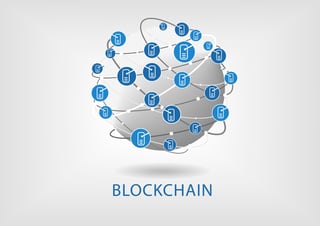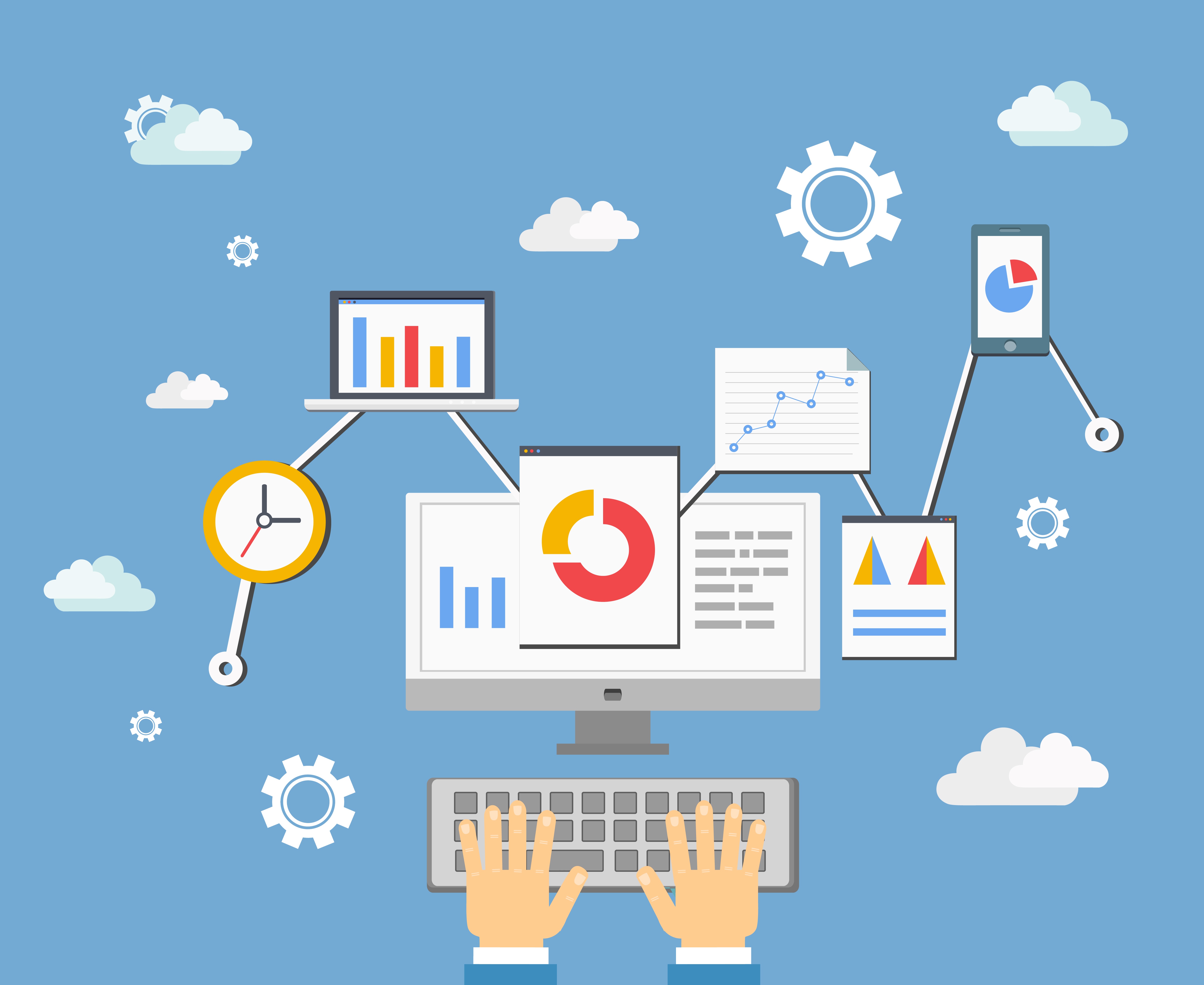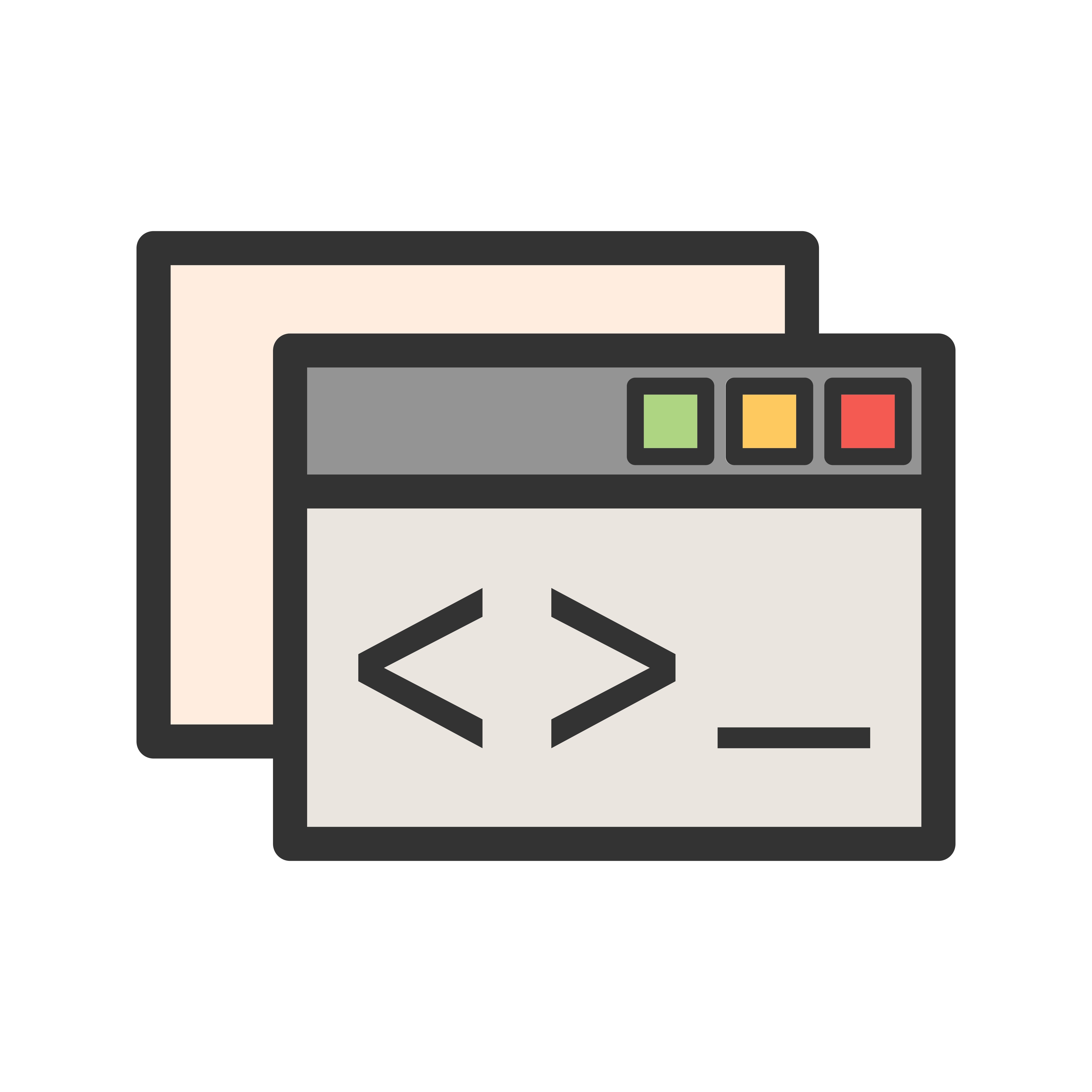 The world has long needed a method of creating secure, unalterable digital records. Developed in 2008 to form the backbone of the Bitcoin cryptocurrency, blockchain is a digital ledger technology that fills this gap. It stores data in records called blocks using a decentralized structure, which enables users to make secure online transactions or value exchanges.
The world has long needed a method of creating secure, unalterable digital records. Developed in 2008 to form the backbone of the Bitcoin cryptocurrency, blockchain is a digital ledger technology that fills this gap. It stores data in records called blocks using a decentralized structure, which enables users to make secure online transactions or value exchanges.
Each block is linked to the ones before and after it in the record, giving it the formation of a chain, and can only be accessed by the holder of the specific block’s encrypted digital key. The ledger grows constantly, with blocks or records added by users on an ongoing basis. Each new block added consolidates the previous one, so the platform has its own, built-in validation.
Why People Use It
Although blockchain was originally created for financial reasons, users have discovered new ways to apply it for processing digital transactions between entities.
- Digital wallets, for more secure financial transactions.
- Secure storage and approved dissemination of confidential records such as medical and legal information.
- Various additional cryptocurrencies, including BlackCoin, Dash and Nxt, among others.
- Automation of escrow for funding diverse online contracts and transactions. The Swedish Land Registry is even trialing blockchain as a tracking mechanism for real estate deals, for example.
- Borderless banking, which bypasses many country-based regulatory requirements.
- Peer-to-peer payments, used in industries such as insurance to save overhead costs and to reduce the conflicts between insurers and claimants.
- Secure management of appliances connected via the Internet of Things, which are also P2P connections.
- Load tracking in the supply chain/logistics industry.
Some unusual applications of blockchain technology include tracking online voting and identifying the origins of digital art.
Why It’s Rising in Popularity
Blockchain is gaining in popularity mainly because it solves a multitude of challenges across a wide range of industries. Block entries are date- and time-stamped and can’t be altered, which makes it exceptionally secure and an ideal platform for storing digital money and confidential information.
By eliminating the need for a trusted administrator or middle man, companies using blockchain effectively cut out banks, brokers, and other service providers. This immediately results in lower costs, reduced risk of fraud due to exposure of information, and a more robust workflow with fewer touchpoints where issues can arise.
The unalterable nature of blockchain protects the integrity of the data, because old transactions are preserved ad infinitum, while the new ones added are irreversible. This means digital tokens can only be spent once, which eliminates the risk of fraud through double spending, a problem that has plagued digital transaction platforms for some time.
How to Start Using It
Ways to use blockchain differ for B2B and B2C purposes. For an individual looking to understand more about the concept, creating a digital wallet using a cryptocurrency is a good place to start. By signing up for an account at one of the top five digital wallet providers and connecting a funding source such as your debit or credit card or bank account, you’ll be able to purchase some cryptocurrency and use it for transactions. Remember that Bitcoin and other crypto-transactions can’t be reversed, so take care to ensure you make any transfers correctly. Many online retailers now offer the option to pay for purchases in Bitcoin or other currencies, so you can test it out while doing your shopping.
From a corporate viewpoint, the possibilities offered by blockchain are endless. As developers increasingly understand the difference between Bitcoin and its underlying blockchain technology, the options are becoming clearer. Companies offering web-based technology, for example, might consider using blockchain to support their offering. OpenBazaar, an online marketplace where you can buy or sell anything on a peer-to-peer basis with no middleman and zero fees, is one example of this. The site doesn’t even require the Internet for operation, it resides solely on its 100 percent secure, underlying blockchain.
If you’re considering developing software for any purpose whatsoever, using blockchain instead of traditional methods could offer you options you wouldn’t believe are possible. The platform is secure, encrypted and resilient to challenges such as DDoS attacks, because it runs on multiple independent nodes. Contact us today to find out how our specialists can help you identify the best way to incorporate blockchain into your projects.
















